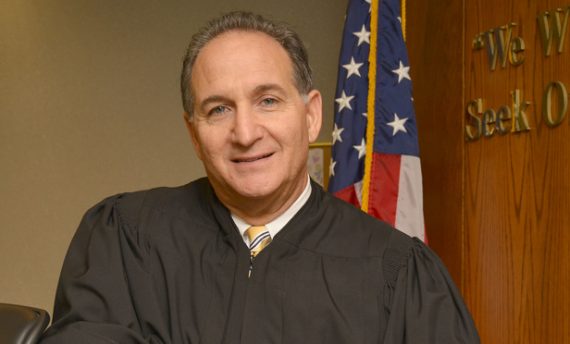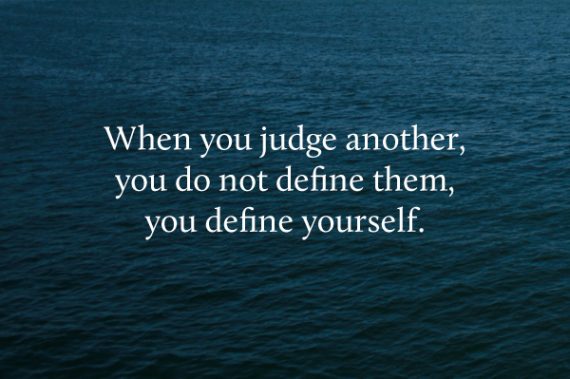Haunting video called The Voices of 10 Million posted at Change.org by group petitioning NAMI to “stop shunning our families and our loved ones.”
(1-19-17) Several long-time mental health activists have written an open letter to National Alliance on Mental Illness CEO Mary Gilberti and NAMI’s board of directors complaining about what they describe as the organization’s “lack of focus” on serious mental illnesses and “mission creep.” NAMI bills itself as the largest grassroots mental health organization in the nation with chapters in every state and several hundred thousand members.
Many of the letter writers are well-known NAMI members who are parents of adult children, some of whom are currently incarcerated or have died while in custody or during fatal encounters with law enforcement. Other signers represent loved ones who are stuck in a revolving door of streets and jail because they “lack the capacity to voluntarily engage in their treatment due to the fact they simply do not believe they are ill,” according to an email sent to me by one signer. (Full disclosure: I am a lifetime member of NAMI.”
Chief among their complaints is that NAMI national’s leadership has abandoned the seriously mentally ill — who they call the 4% — who refuse treatment and, therefore, are often ignored by mental health providers and mental health organizations in favor of individuals who are not as ill, comply with treatment or are already in recovery.
In an email, G.G. Burns, a well-known Kentucky advocate wrote: “While many of the local and state NAMI affiliates work very hard to support families in the trenches, they, often do not receive the support and training they need from the national organization to address individuals and their families who are seriously ill and lack the ability to advocate for themselves.”
NAMI issued a response last night which I will post Friday morning. Meanwhile, here is a link to the letter writers’ petition that further explains what they hope to accomplish.)
“Silence becomes cowardice when occasion demands speaking out the whole truth and acting
accordingly.”
― Mahatma Gandhi
Dear Ms. Gilberti and NAMI Board of Directors,
As local, state and national family leaders and advocates of mental illness system reforms, we write to urge that NAMI promotes needed steps to fully support and implement the mental health provisions included in the 21st Century Cures Act.
First, we thank NAMI for its support of HR 2646, The Helping Families in Mental Health Crisis Act. As families and advocates of the 4% of the most seriously mentally ill people, we came out of the shadows and told our shared tragedies on the Capitol Hill. As evidenced in our stories, videos, hearings, testimonies* and letters we urged Congress to listen to our cries for help and hope, and we are grateful that we were finally heard.
Will NAMI also hear our cries? NAMI’s motto is “you are not alone.” Yet, many of us feel that we are alone and that our loved ones have been abandoned to the streets, jails, prisons and morgues or left to linger, often untreated or inadequately treated, in the back bedrooms of our homes.
We are forever grateful for the founding mothers of NAMI who were tired of their sons and daughters being blamed for their serious mental illness. They started a movement to win improved access to treatment and supports. We joined them and fought with them for years. Many of us are still loyal members. But, we are also still waiting for public and private systems of care to provide our loved ones a right to treatment before tragedy.
Many of NAMI’s policies and signature programs are valuable, key pieces of a strong mental health system. However, we believe that there is a lack of focus on specific programs needed for our loved ones,many who lack capacity to keep themselves safe and are therefore unable to assimilate into voluntary-based community mental health systems. Sadly, NAMI has allowed mission creep to put our families at risk. We simply cannot accept the status quo or waiting another 50 years for what our families need now.







